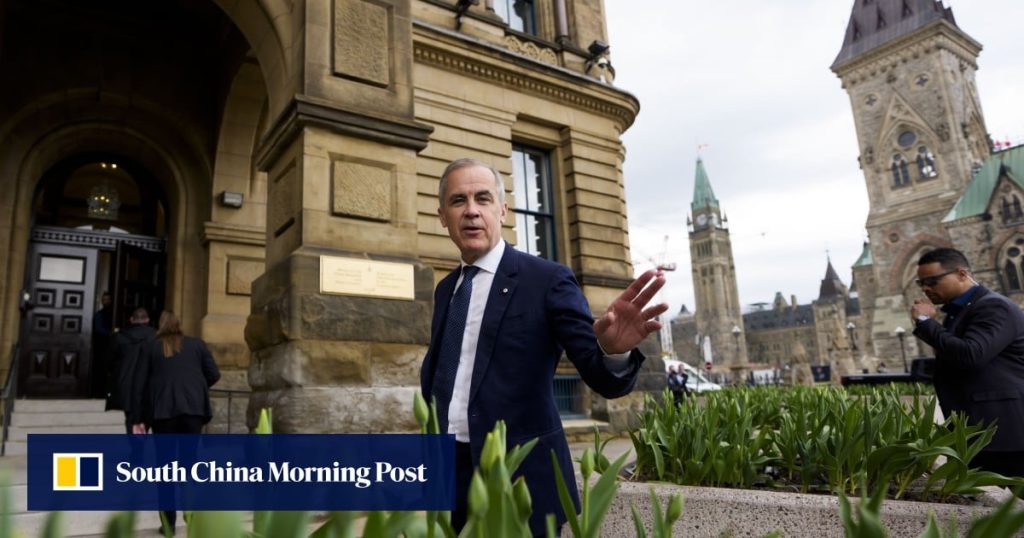Canada’s new government is likely to have more political latitude to work with China if tensions with America persist, analysts said, as Prime Minister Mark Carney’s Liberal Party secured a win in an election defined by voter hostility to US President Donald Trump’s trade war and aggressive rhetoric targeting Canada.
In a related vein, Canada’s appetite for political alignment with the US on China, its second-largest trading partner, is expected to wane, analysts added.
“There are real pressures [within Canada] for a realistic assessment of China possibilities in light of the fact that both countries are pushing back pretty hard against Mr. Trump’s tariffs,” said Paul Evans, professor emeritus at the University of British Columbia.
What is “almost certain” to happen, Evans said, is Ottawa “re-emphasising the importance of commercial relations with China” and engaging Beijing in talks to remove trade barriers.
But issues like electric vehicles, information communications technology, critical minerals and other hi-tech sectors would remain more difficult, Evans said, unless it became clearer that Washington wanted to continue on its “collision course” with Canada.

Since taking office in January, Trump has not only slapped new tariffs across a wide swathe of Canadian goods – without exempting the country’s prized auto sector – but also made repeated suggestions that Canada should become America’s 51st state, most recently on election day.


